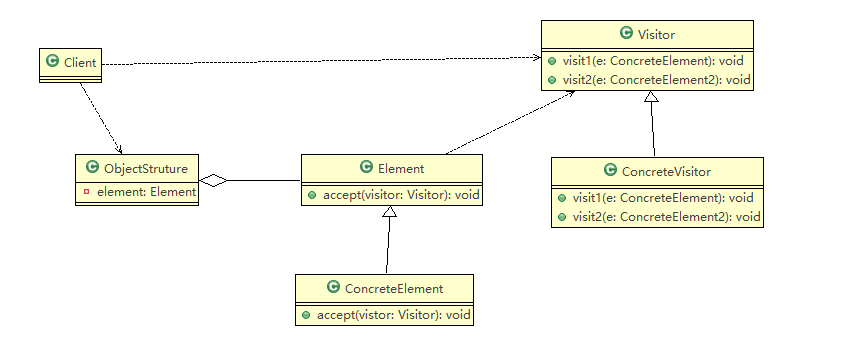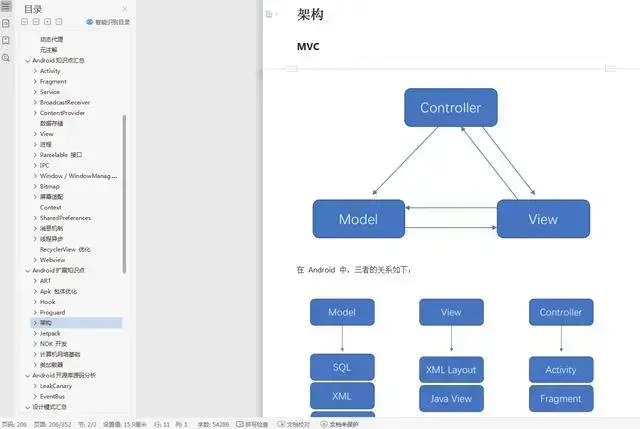【hard】124. Binary Tree Maximum Path Sum
Given a non-empty binary tree, find the maximum path sum.
For this problem, a path is defined as any sequence of nodes from some starting node to any node in the tree along the parent-child connections. The path must contain at least one node and does not need to go through the root.
Example 1:
Input: [1,2,3]1/ \2 3Output: 6
Example 2:
Input: [-10,9,20,null,null,15,7]-10/ \9 20/ \15 7Output: 42/*** Definition for a binary tree node.* struct TreeNode {* int val;* TreeNode *left;* TreeNode *right;* TreeNode(int x) : val(x), left(NULL), right(NULL) {}* };*/class Solution {private:int solution(TreeNode* root, int& best){ // my own solutionif (!root) return 0;int left_sum = root->val + solution(root->left, best);int right_sum = root->val + solution(root->right, best);int curve_sum = left_sum + right_sum - root->val;best = max({best, left_sum, right_sum, curve_sum, root->val});return max({left_sum, right_sum, root -> val});}public:int maxPathSum(TreeNode* root) { // it is the original functionint best = INT_MIN;int eval = solution(root, best);return max(best, eval);}};
转载于 //www.cnblogs.com/sherry-yang/p/11421704.html
//www.cnblogs.com/sherry-yang/p/11421704.html



































还没有评论,来说两句吧...